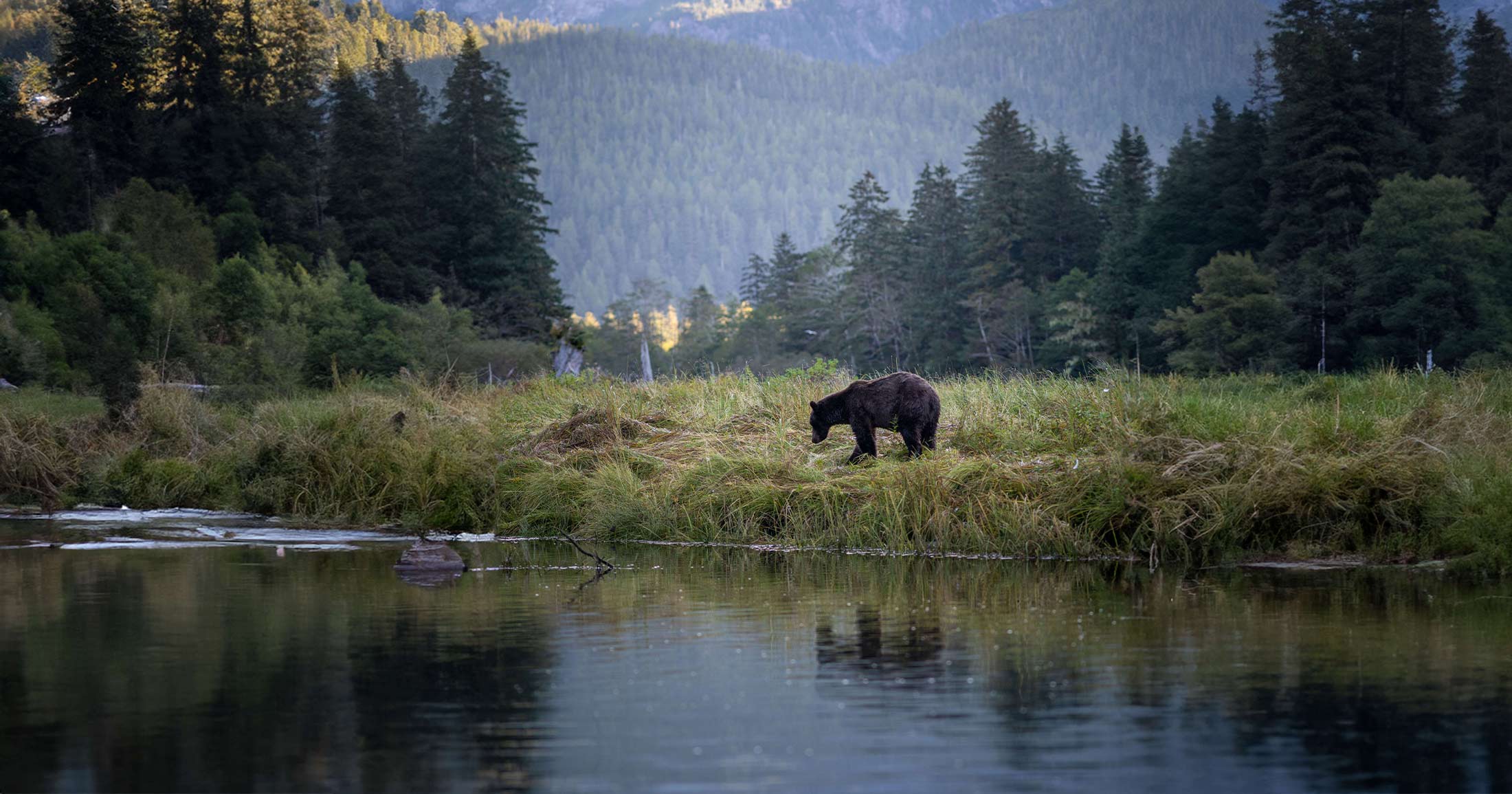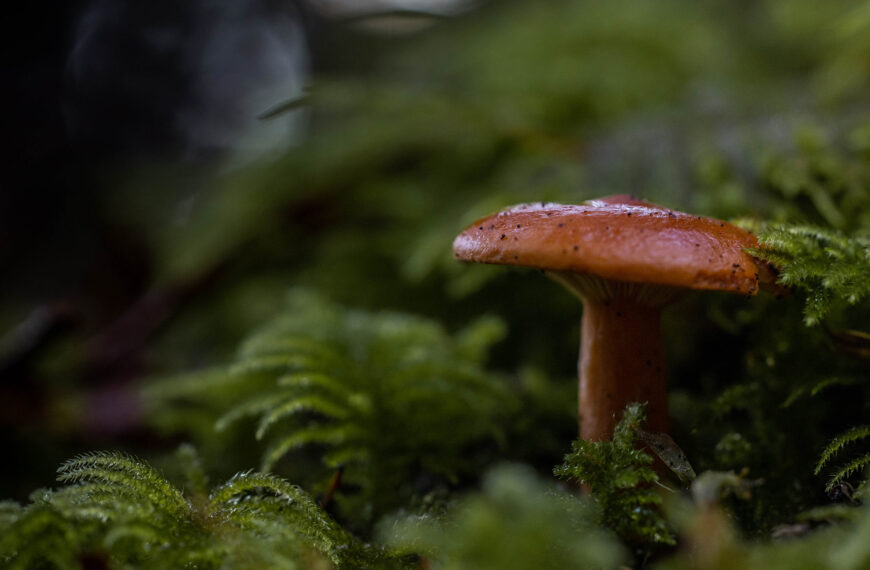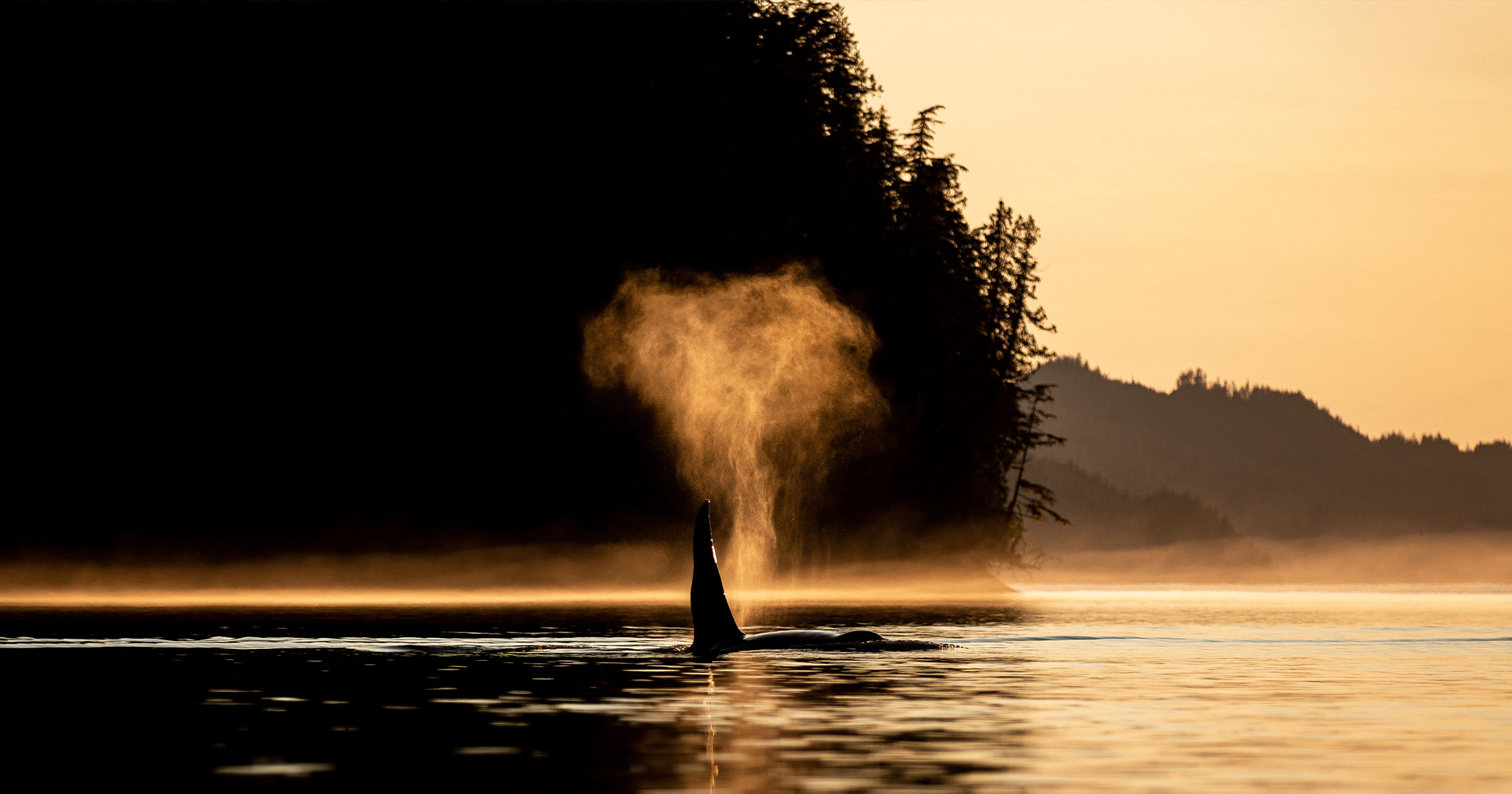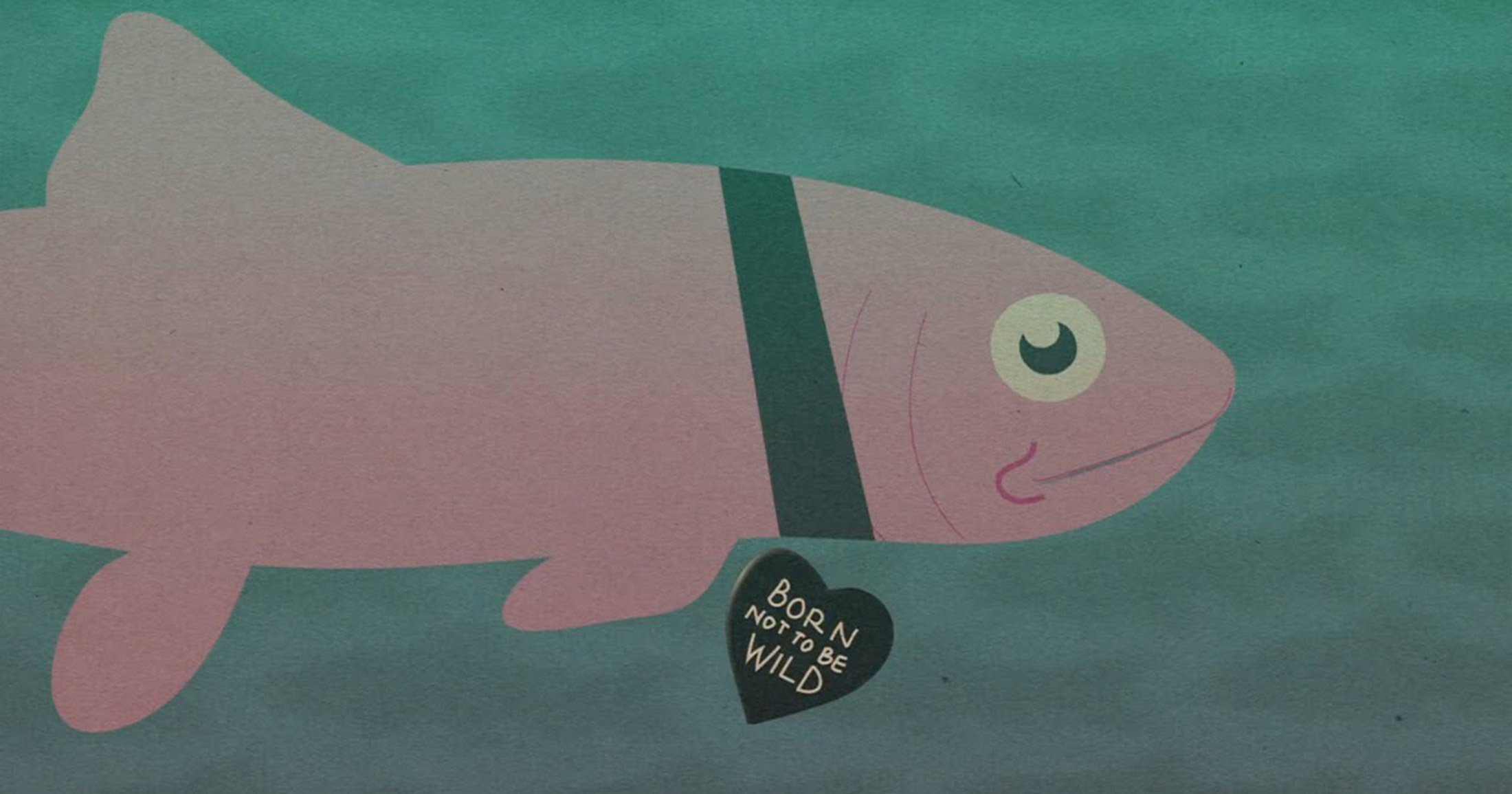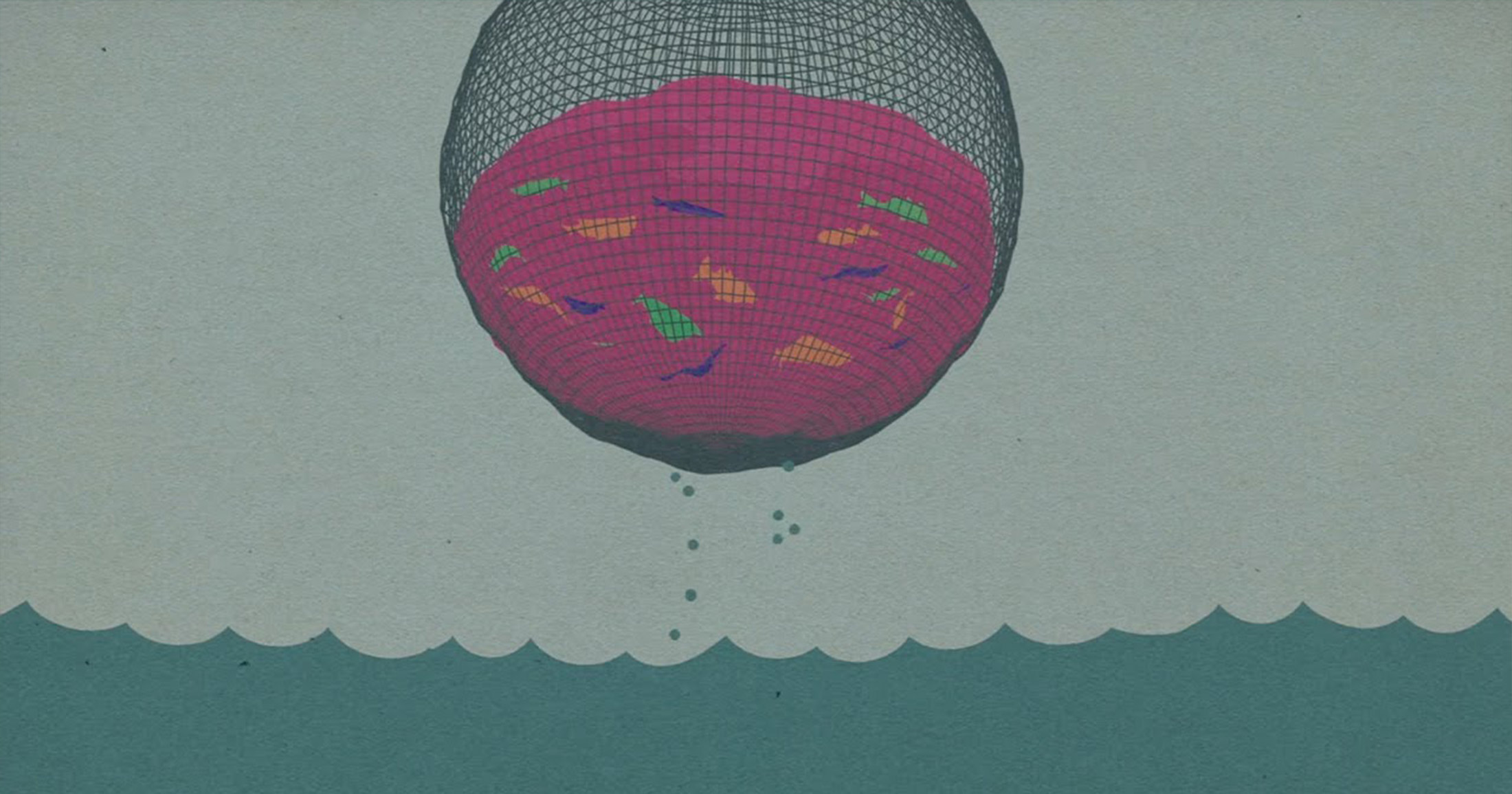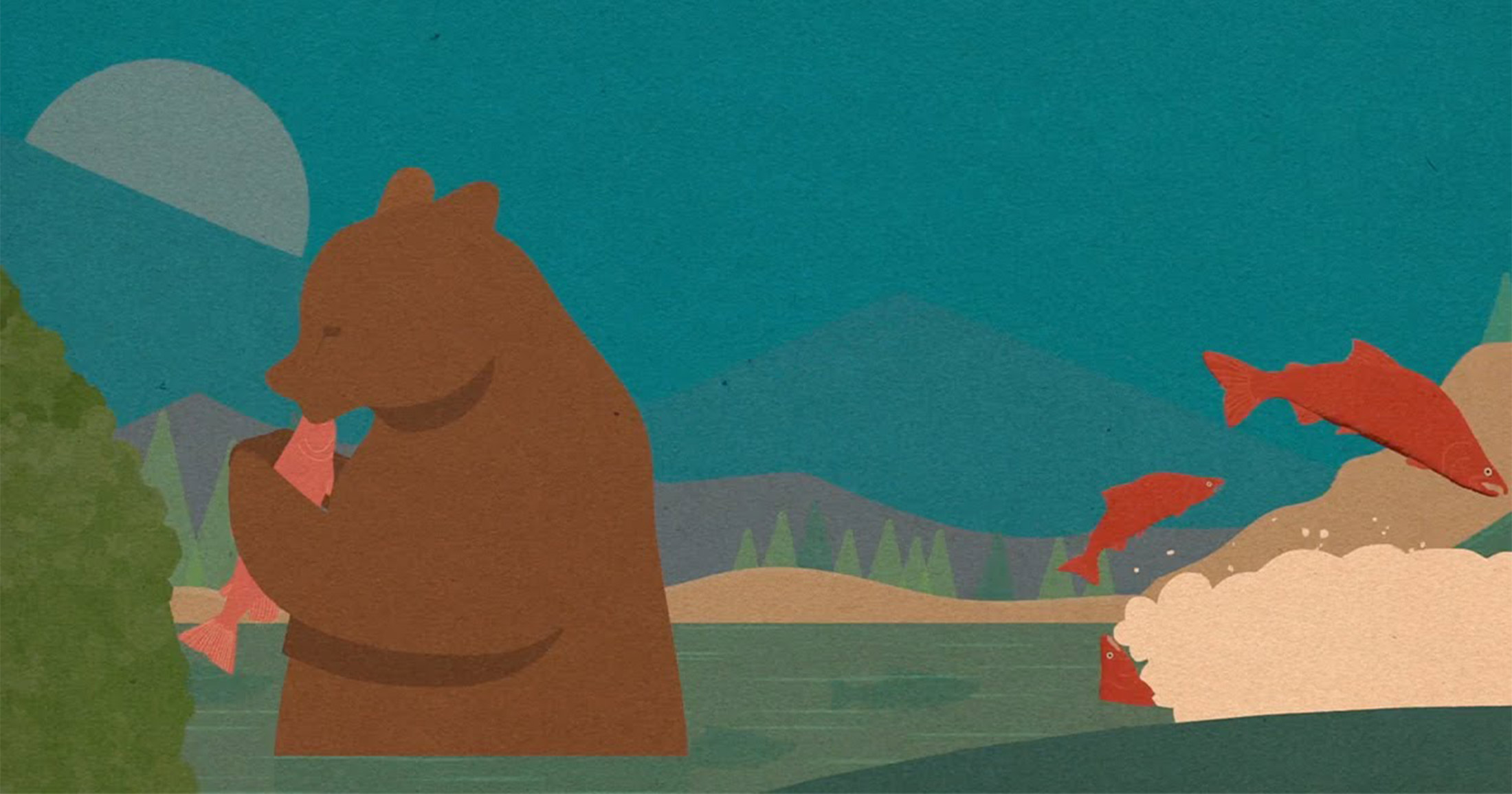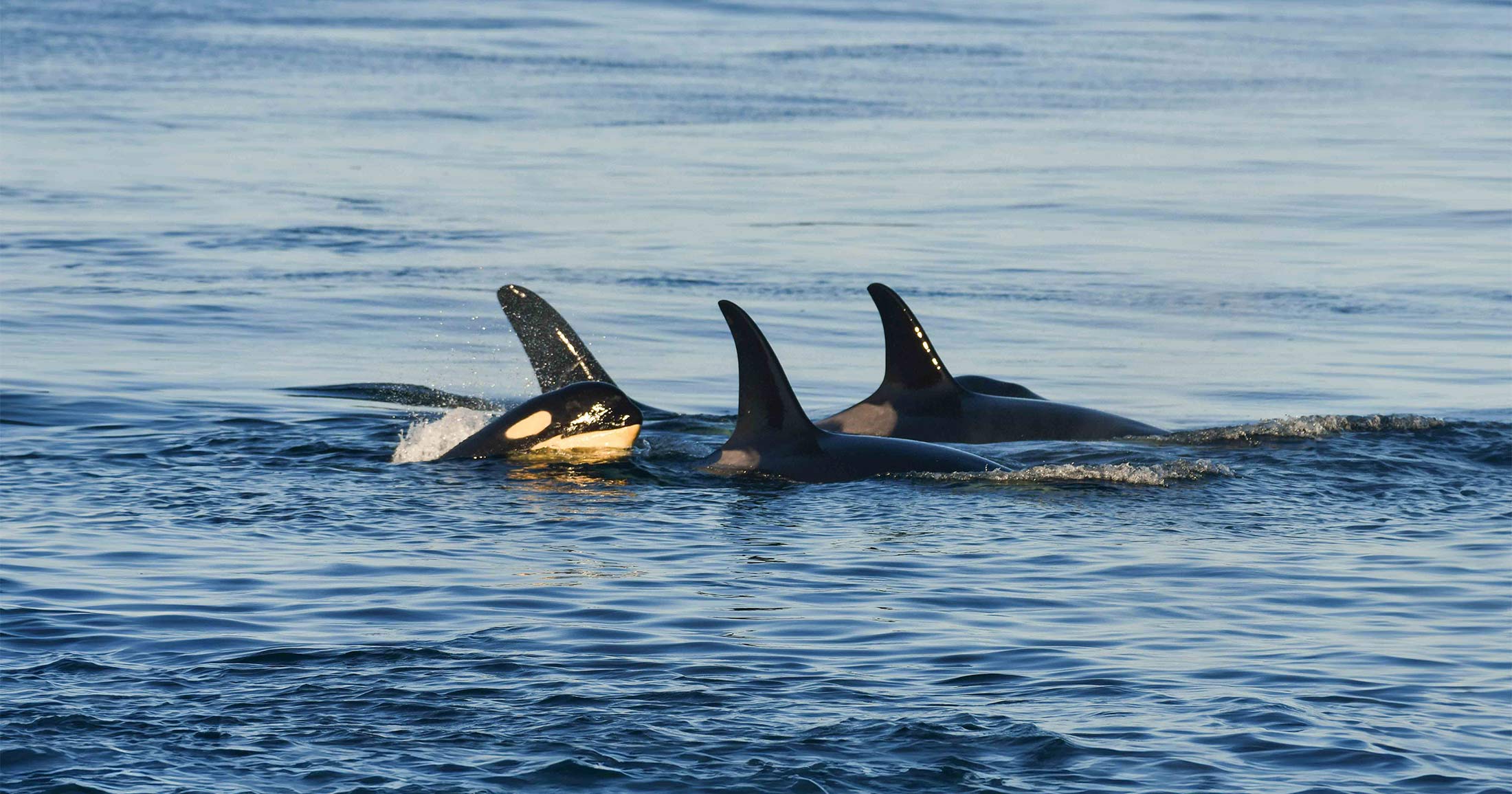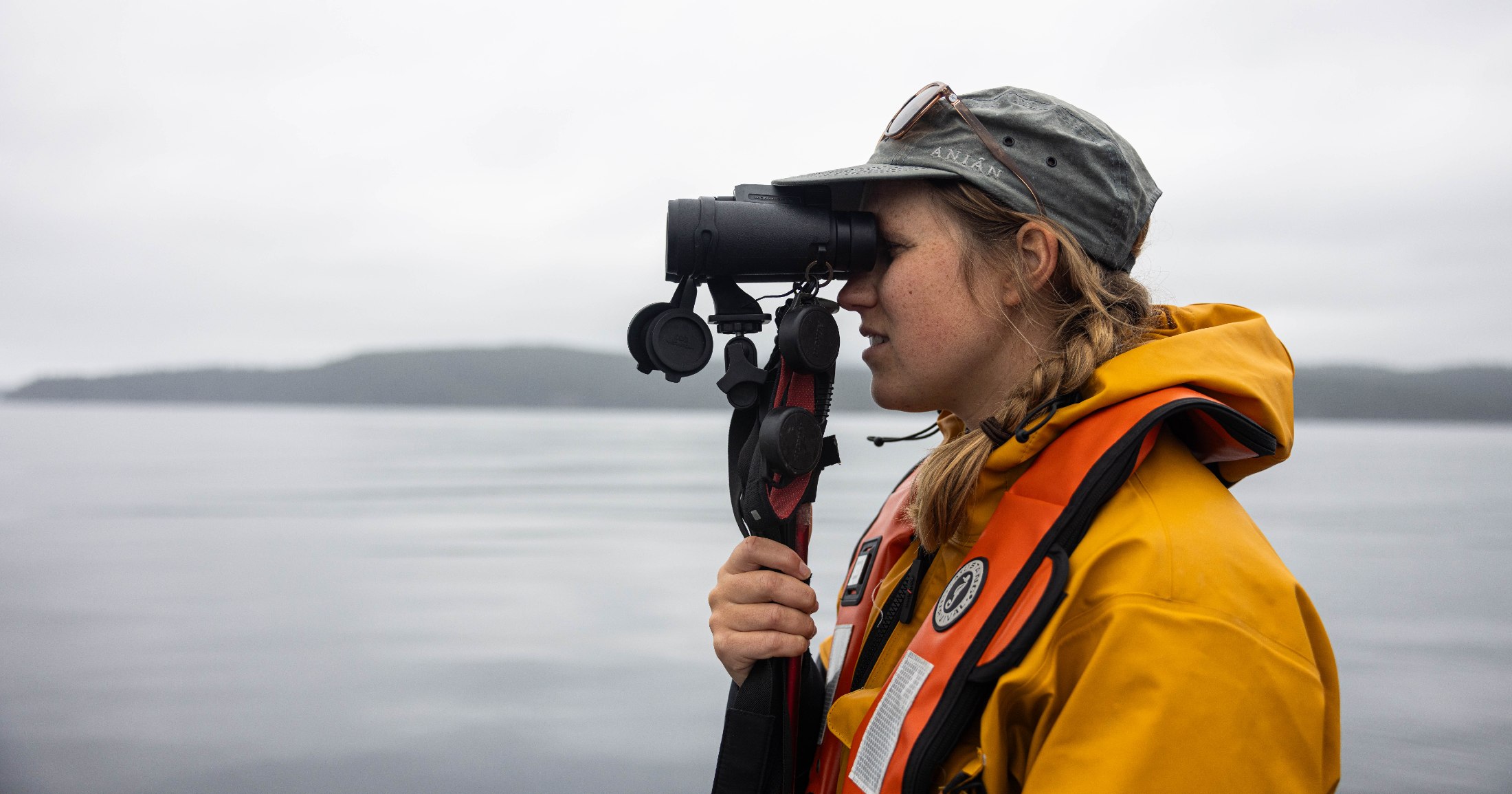L124 is the newest member of the Southern Resident killer whales
Raincoast’s Misty MacDuffee and Adam Stirling of CFAX discuss Southern Resident killer whale, Lucky, that has been born to L-Pod in the Salish Sea. This is the first live calf since 2015.
Listen to Misty MacDuffee explain some of the context around the recent birth of L124 in the Salish Sea.
Declines in Chinook abundance, especially to the Fraser, are affecting killer whale behaviour patterns, fertility and survival. For example, the collapse of the Fraser spring and early summer run timing of Chinook is correlated with the later return of killer whales to the Salish Sea.
“The population of seals and sea lions has really stabilized in the last ten or fifteen years. They are not growing, they’ve stabilized. And it’s quite possible that they’re eating other predators of salmon, more than they’re eating salmon. So we could destabilize the food web by culling pinnipeds.” – Misty MacDuffee
MacDuffee also speaks to the challenge of the way humans have modified habitat that allows pinnipeds to haul out onto log booms and other places where they are protected from predators. The key right now is that we have to increase salmon abundance and reduce noise and disturbance.
Listen to the interview.
Related posts
- Chinook salmon, 74 killer whales, and the future of the Salish Sea
- Cabinet rejects request for an emergency order for endangered killer whales
- Fisheries closures needed for killer whales
- Backgrounder: Emergency order under the Species at Risk Act
- Take action: Emergency closures needed now
- Feds’ fisheries announcement a welcome first step: groups renew call for killer whale emergency order
- A killer whale emergency
- Groups urge federal government to protect Southern Resident killer whales with emergency order

Support our mobile lab, Tracker!
Our new mobile lab will enable the Healthy Waters Program to deliver capacity, learning, and training to watershed-based communities. We need your support to convert the vehicle and equip it with lab instrumentation. This will allow us to deliver insight into pollutants of concern in local watersheds, and contribute to solution-oriented practices that protect and restore fish habitat.



